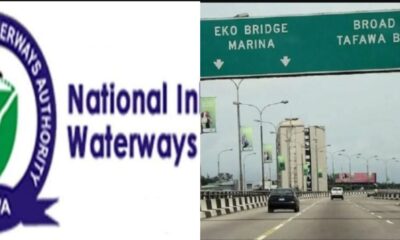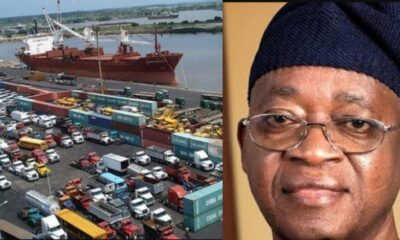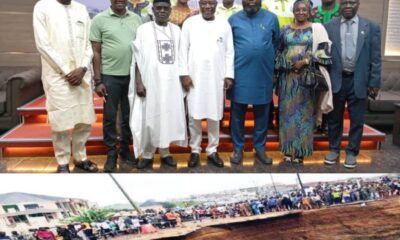By Ezurike Ugochukwu
Multiple failures experienced in the use of foreign software technology in cargo clearance has prompted the Nigerian customs service to develop indigenous modernisation software tagged ‘B’Odogwu’.
The Comptroller-General of Customs, Adewale Adeniyi, while launching the B’Odogwu pilot phase at Port & Terminal Multi-Services Limited (PTML) command Lagos enjoined the officers to take the training seriously as they will champion its implementation in other commands.
He expressed that this innovative platform represents a significant milestone in Nigeria Customs as it geared to unifying management system designed to enhance trade facilitation.
Adeniyi decried incessant failures of foreign service providers leading to delays in clearance processes and documentation at seaports which has caused importers so much in demurrage payment.
Worrisome to the customs boss also was experiences with previous foreign service providers that failed to meet their promises and failed to handover at the end of their contract despite multiple contract extensions.
He said, “We decided to develop an indigenous system and jettisoned foreign systems, especially the Nigeria Integrated Customs Information System, which has expired since December 2022”.
Stressing that this Innovative platform represents a significant milestone in Nigeria Customs’ modernisation journey, aligning with global best practices.
 Adeniyi stated, “B’Odogwu is our new customs management system that embodies our vision for a paperless customs administration that facilitates seamless trade while maintaining robust security measures.”
Adeniyi stated, “B’Odogwu is our new customs management system that embodies our vision for a paperless customs administration that facilitates seamless trade while maintaining robust security measures.”
“It is important to note that B’Odogwu will eventually replace the current Nigeria Integrated Customs Information System (NICIS II) as the NCS Legacy System. The system has been developed with foresight, acknowledging that the National Single Window will be coming on board soon, and B’Odogwu will be integrated with it when implemented by the Federal Government”, he stated.
He acknowledged that the initiative is fully supported by the legal framework provided in the Nigeria Customs Service Act 2023. “Specifically, sections 28 and 29 of the Act empower the Service to develop, maintain, and employ electronic systems while ensuring transparency and stakeholder consultation.”
Speaking further, the CGC urged stakeholders to embrace the change with optimism and provide constructive feedback that will help improve the system.
“As we commence this pilot, I urge all stakeholders to embrace this change with optimism and provide constructive feedback that will help us refine and improve the system, as your input is crucial to the success of this initiative.”
“B’Odogwu will enhance our ability to streamline end-to-end business processes, provide stakeholders with customised integration capabilities, support more efficient and intelligent business decisions, and facilitate ease of doing business.”
The Comptroller General expressed gratitude to terminal operators, customs officers, licensed customs agents, and the Trade Modernisation Project team for their support and commitment to the project’s success.
The system’s development is a collaborative effort between the Nigeria Customs Service and the Trade Modernisation Project team

 Business5 years ago
Business5 years ago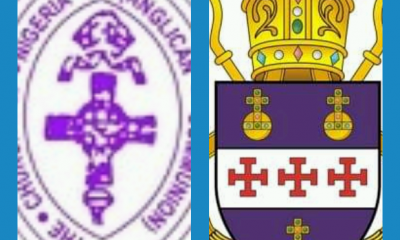
 News5 years ago
News5 years ago
 Crime2 years ago
Crime2 years ago
 Football5 years ago
Football5 years ago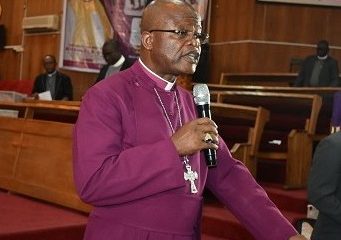
 News5 years ago
News5 years ago
 News10 months ago
News10 months ago


 Adeniyi stated, “B’Odogwu is our new customs management system that embodies our vision for a paperless customs administration that facilitates seamless trade while maintaining robust security measures.”
Adeniyi stated, “B’Odogwu is our new customs management system that embodies our vision for a paperless customs administration that facilitates seamless trade while maintaining robust security measures.”


